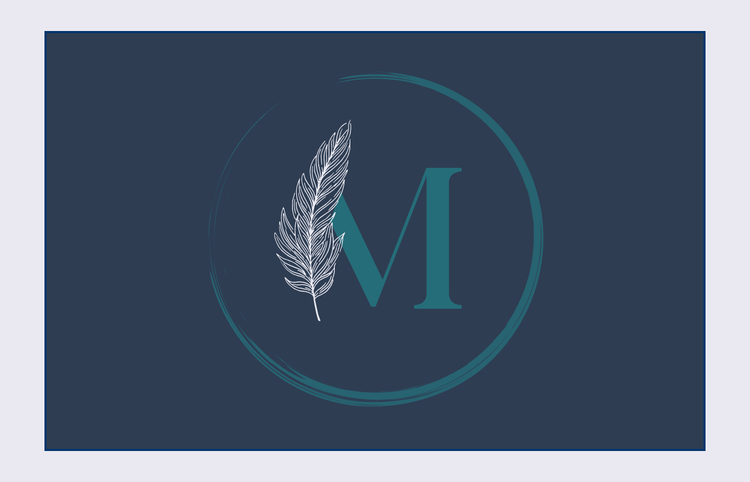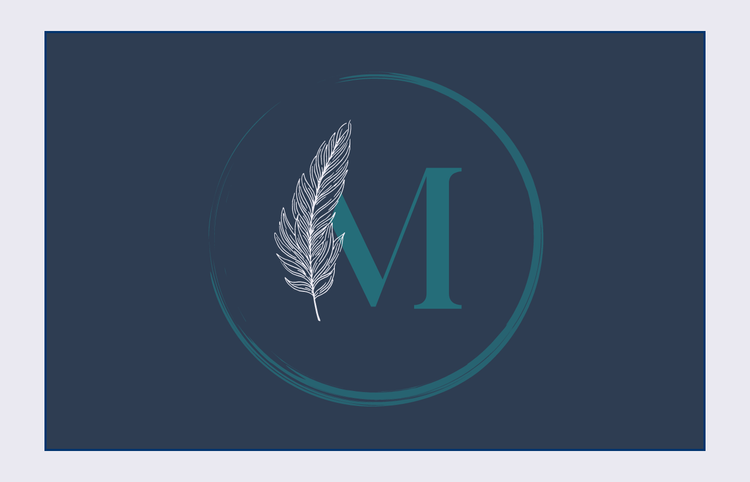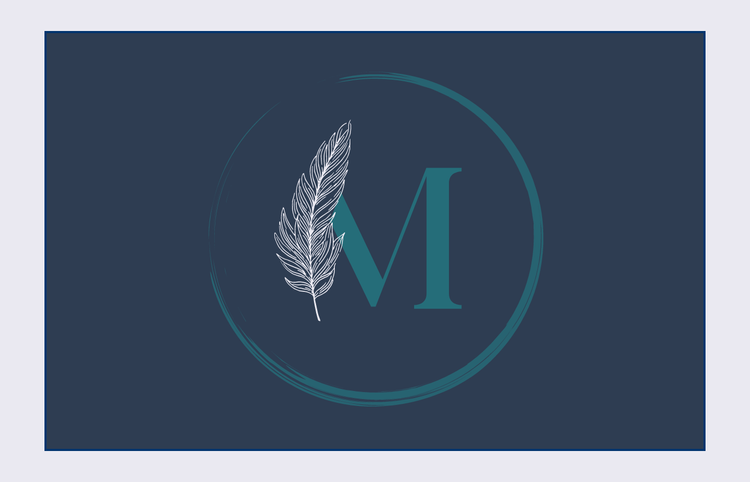Magpie Journal #10: Podcast Listeners

This post is inspired by my frustration with podcast self-promo on social media. If you follow me on Threads you’ll see me ask “What podcast are you listening to today?” and shame those who post their own podcasts. The reason I’m asking these questions is because podcast listening is very lonely. It doesn’t have to be, and I think podcasters can do a lot to help.
Sound can be like a door. Depending on how it is used, it can be open and welcoming or closed and alienating. It can create gateways to understanding and equity, or it can create barriers to entry. Emergency tones, as one example, are different around the world. When understood and in context, an emergency tone can create fear. Otherwise, it can instill confusion or no reaction at all.
Sound is powerful, and we all feel it in a piece of music, in the jarring sensation from a clap of thunder, or the power of a well-written and spoken newscast. In David Hendy’s Noise: A Human History of Sound and Listening a few chapters discuss how radio created some of the first real national unity. People could sound more alike, hear the same information in the same ways, and have a cohesive national identity. Sound can create community and identity, and as communal as it can be - it has become increasingly solitary.
I listen to a podcast, I put on my headphones. I listen to music, I put on my headphones. Where families once gathered around the radio, or the television to ingest their favorite shows that were scheduled, technology has made it possible to do these things at a distance, alone, and on our own time. For the most part, that’s been a boon. We no longer have to suffer missing out on our favorite TV show in exchange for a paycheck. We don’t have to rush to our music shop to hear the newest record or wait for the radio to play our favorite single for us to record it, DJ intro and outro included.
There’s an adage that says when a solution is created, so too is another problem. In exchange for the flexibility of mobile streaming, we have lost what togetherness comes with the rigor of scheduling. I’m not super interested in returning to the before times, because I don’t think people who work jobs outside of traditional hours should have to suffer more for it by completely missing out. At the same token, I think there is a loss of community when it comes to the flexibility of streaming.
So while I play a podcast, I pop my earbuds in. I create a bubble where it’s just me and the podcast. Which, when listening, is pretty great. I don’t bother other people, I’m saying “This is my time, and I don’t want to interact with you”. The same can be said with reading because most people don’t read aloud to each other anymore. However, if you dip a toe into the world of bookstagram and booktok you can see how social media has re-created and reinvigorated a reading community. Most of this is not author-led, it has a lot to do with marketing, and you can see how the most visually appealing authors and books become central - which is a whole other issue I’m only going to acknowledge right now.
The fact is, even though books are a solitary experience, just like listening to a podcast is, a mainstream community for books exists. From the account with one hundred followers to the account with over a million, a reading community exists.
It doesn’t exist for podcast listeners. Sure, we have the few big-name people who have tapped into their community in such a way that it feels cult-like. We don’t have podcast influencers creating riveting cultural discussions on the quality of content in podcasts like we do books. We don’t have movements like de-colonizing our queue or a “if you like this listen to that” with podcast covers.
I know I can’t sit here and compare these things like different types of cereal in the grocery aisle, but I want to talk about how the podcast listener community isn’t encouraged outside of certain types of podcasts.
If a listener is into audio drama or fiction podcasts, they will find those fan bases mostly on Tumblr. Audio fiction listeners are always looking for the next show to fill the void that their completed series left. This is probably one of the biggest reasons why generalized listener communities feel so disconnected, many podcasts that aren’t fiction that have a large community do not end. There is no void to be filled when a listener only has to wait a week or less for new content. This means people, especially those who have created subscriber-based communities, don’t have to worry so much about competing for their listener’s limited time. Often when a podcast gets a dedicated listener, it will keep them until a major change.
This is good for a singular podcast or a plus network, but I think bad for podcasting as a whole. Podcasts exist in many listeners’ lives as parasocial feeders. Many listeners don’t listen to podcasts for podcasting, they listen to them because the podcast affords them an intimacy with someone they already know of. Re-watch podcasts with cast members, football podcasts with sports stars, and talk shows featuring already-known names leap to the top of the charts. Since they’re at the top of the charts or are shared via a direct link, they cut through the mess of finding a pod-catcher. Listeners don’t have to work hard to tap into something they already know.
So for podcasting to figure out how to separate those big-name chat shows from the cutting audio documentaries, the superb fiction, or the fascinating limited series out there - the industry has its work cut out for it.
Podcasters need to make podcasting more accessible, and not just in the sense of transcripts. If someone is making a podcast, I hope they are listening to others. Even if it’s not a constant thing, I hope they are taking the time to appreciate the craft that other podcasters put out there. If they are enjoying this other work they are listening to, I especially hope they are openly talking about it. Not just in the circles of podcasters- but also in their listeners. I think they should talk about it on social media, or even on their show.
Why? An author doesn’t just read their books. An actor doesn’t just watch their movies. Musicians don’t just listen to their music. Podcasters who listen to podcasts, and all sorts of podcasts, are going to be better at their craft. Also, the more podcasts listeners are exposed to, the better podcasting will be. Listeners will expect more, and enjoy expecting more.
Listeners will start forming their own opinions outside of the desire for the parasocial. Listeners will start having those conversations, especially if podcasters lead it. It’s my opinion that a dedicated listener won’t leave a long-running show completely for another. They may take a break and then come back home, so to speak. I do it all the time. If someone is directly paying podcast money I doubt they’re going to stop giving that money if they spend time with other podcasts. There’s already a level of dedication there that is harder to break.
The industry is not going to get to a place where podcasts are treated mainstream seriously until the industry takes each other seriously across genres and formats. There’s a great community of collaborative, helpful podcasters out there. I see it all the time with people asking about tech help, design help, and promotional help. What I desperately want to see is more of these same people talking about the podcasts they listen to with joy for the sake of podcasting.
I want to see a world where podcast listeners exist solely as listeners and where they can build their own community. I don’t want the act of listening to podcasts to feel so solitary. I want to see more Podcast Brunch Club-type groups pop up across the world and online. One day, I want to see a corner of the internet full of podcast influencers. Influencers aren’t just a symptom of mainstream adoration, they’re also a symptom of the monetary success we want to see in podcasting.
Thank you to Tal Minear for some quick conversation around this topic that flushed out the idea. Thank you to my partner for putting up with my obsession with solo things. Thank you to everyone who reads this website for listening to podcasts. I think they’re pretty cool.




Comments ()